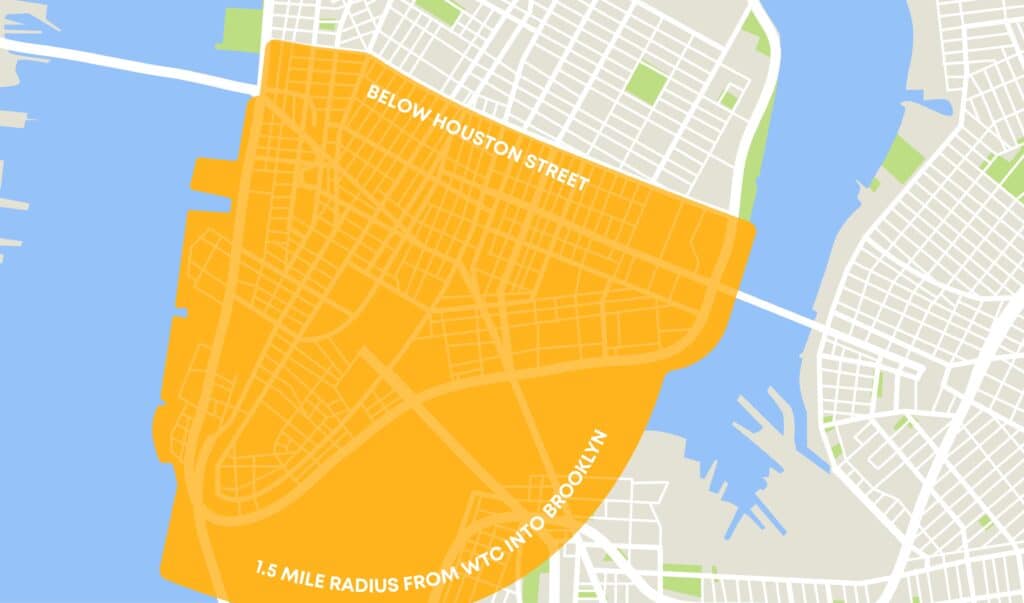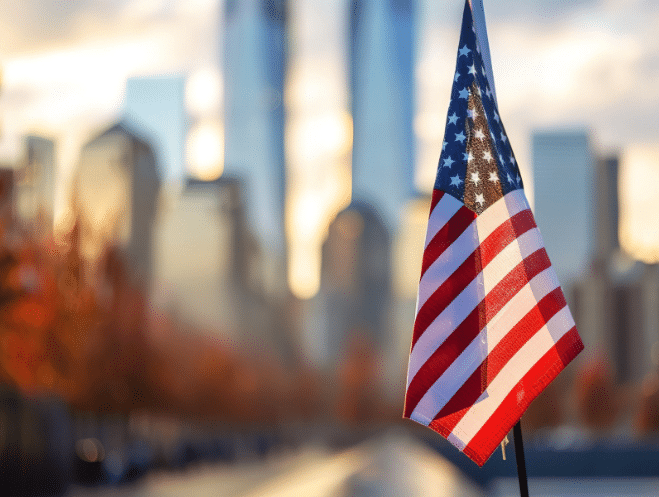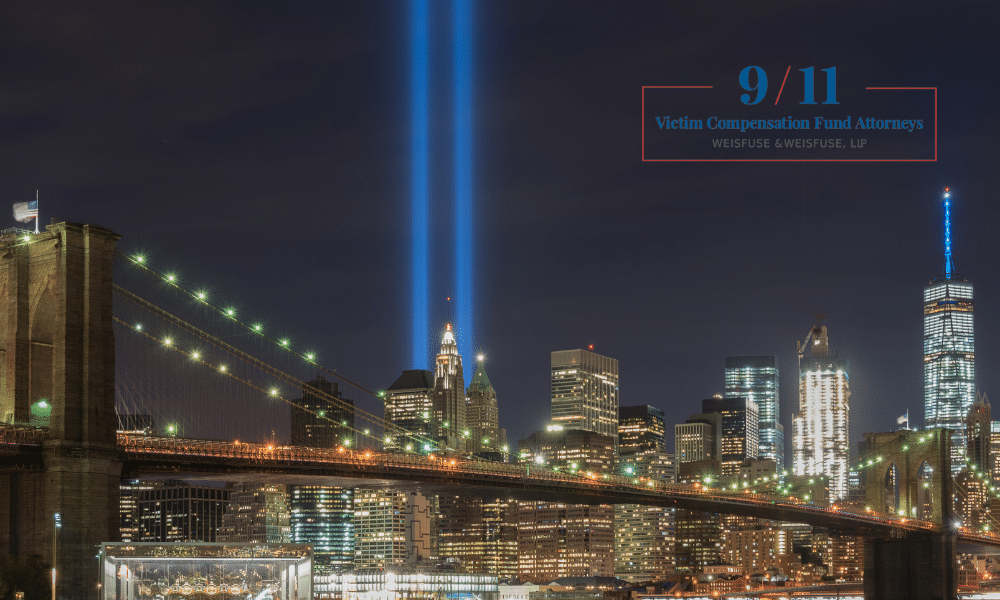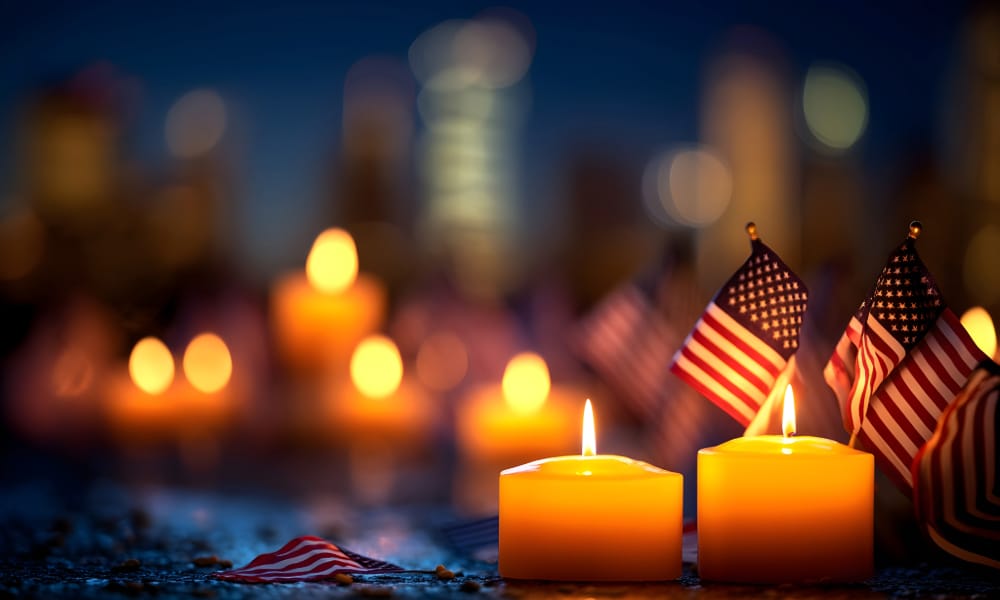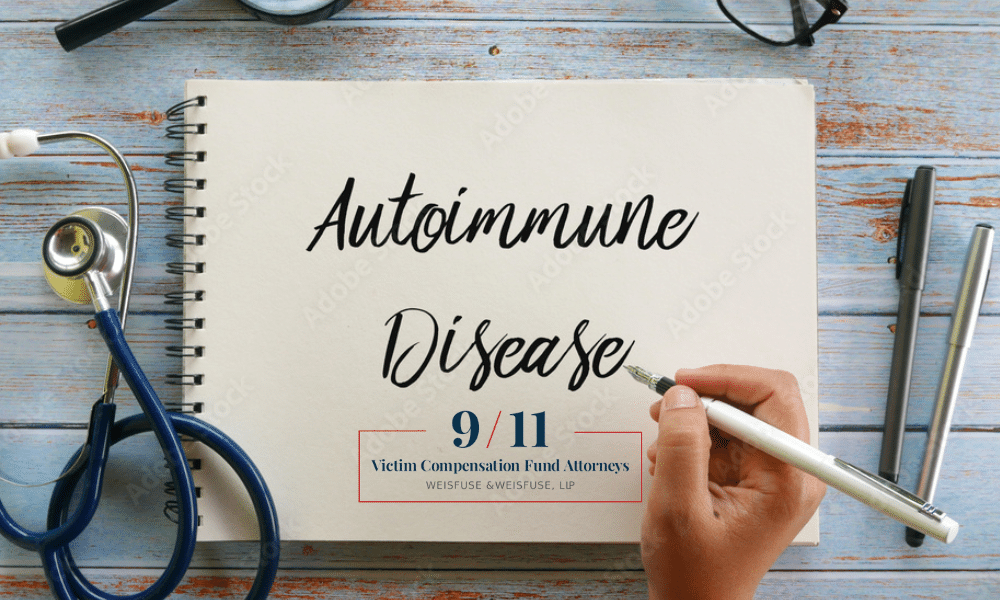
Autoimmune Illnesses and the 9/11 Exposure Zone
The Zadroga Act paved the way for 9/11 responders and survivors to receive the coverage and compensation they richly deserved after the attacks, but only certain approved conditions are covered.
Many survivors and responders have endured serious health conditions decades later and are unsure whether they are eligible for treatment or compensation—including many who suffer the effects of autoimmune illnesses.
How can responders and survivors affected by autoimmune illnesses approach the World Trade Center Health Program and the 9/11 Victim Compensation Fund (VCF) for assistance? Let’s find out.
Are autoimmune illnesses covered by the 9/11 VCF?
The prevalence of cancer and aero-digestive disorders like asthma and chronic bronchitis among 9/11 survivors and responders is well-documented. However, the situation with autoimmune diseases, such as lupus, rheumatoid arthritis, multiple sclerosis, and Sjögren’s syndrome, is less well recognized.
Victims who were exposed to the toxic dust cloud and developed many conditions like cancer and asthma can receive free medical monitoring and treatment from the WTC Health Program and compensation from the VCF. Despite a 2019 study indicating that responders with intense exposure to the toxic cloud were almost twice as likely to develop systemic autoimmune diseases, especially rheumatoid arthritis, they are not on the list of WTC Health Program Covered Conditions.
An earlier study calculated that every month worked at Ground Zero following the attacks increased the odds of developing a systemic autoimmune disease by 13 percent.
Under the terms of the Zadroga Act, only approved conditions are covered by the WTC Health Program and VCF. The problem is that the burden of proof generally lies with the responders and survivors. Only published, peer-reviewed epidemiological studies that focus specifically on the 9/11 cohort are considered “relevant.”
The fact that crystalline silica, a mineral used in construction and a major component of the 9/11 debris, is a noted risk factor for autoimmune disorders (along with other chemicals from the toxic dust cloud), no official recognition of the connection has been forthcoming to date.
Consequently, autoimmune diseases have left many office workers, residents, and students, who returned to Lower Manhattan in the days and weeks after September 11, 2001, with crippling diseases for which no official help is available via the relevant 9/11 programs.
Autoimmune diseases can be rare and difficult to diagnose and can develop slowly. Case numbers are hard to come by and there could be many more people out there with early and/or mild symptoms after exposure to the toxic dust cloud.
Even so, thousands of people to date have self-reported cases to the World Trade Center Health Registry, which is a long-term research initiative tracking the physical and mental health of those exposed to the 9/11 attacks.
Petitions to add autoimmune diseases to WTC Health Program covered conditions
Some advocacy groups and researchers have been pushing for the recognition of autoimmune diseases, cardiovascular conditions, and other conditions in the WTC-exposed population, especially responders.
However, ongoing research indicating that the medical aftershocks of exposure to trauma (PTSD) and toxic dust have contributed to autoimmune disease hasn’t yet resulted in official inclusion in the list of approved conditions with the WTC Health Program.
A total of seven petitions have requested the addition of autoimmune diseases to the list but all have been denied for insufficient evidence. To put it in official language, autoimmune diseases haven’t met the “threshold of being substantially likely to be causally associated with 9/11 exposures.”
In September 2023, all of the Clinic Directors of the WTC Health Program joined many other doctors and advocates in filing two more petitions to the WTC Health Program to add autoimmune and cardiovascular conditions to the list of officially recognized conditions.
Although the decision on this petition was meant to have been made by March 2025, the new administration in the White House has led to the decision being delayed.
What can survivors do if they suffer from autoimmune diseases after 9/11?
At present, survivors or responders with 9/11-related autoimmune diseases who meet all of the eligibility criteria (outlined below) apart from having an officially recognized condition may have several options available:
- Apply to the WTC Health Program anyway and hope that the program will review the application on a case-by-case basis.
- Consult a VCF attorney to explore their options.
- Wait for a ruling on the 2023 petition in the hope that their autoimmune disease will soon become an approved 9/11 condition by the program.
Regardless of the option taken, it is advisable to keep documentation of exposure, medical history, and symptoms related to the autoimmune condition and any other health conditions suffered in the decades after 9/11 toxic cloud exposure.
9/11 VCF eligibility criteria and deadlines
To be eligible for an award from the VCF, applicants must:
- Register with the VCF by the deadline applicable to their circumstances and submit a complete claim no later than October 1, 2090.
- Dismiss, withdraw, and/or settle any 9/11-related lawsuits by the appropriate deadline.
- Show that they have a 9/11-related physical injury or condition that is certified for treatment by the WTC Health Program or, in limited circumstances, treated by a private physician and verified as 9/11-related through the VCF’s Private Physician process.
- Show that they were present at one of the attack sites, within the New York City Exposure Zone, or (for responders and volunteers) along the routes of debris removal between September 11, 2001, through May 30, 2002.
These are the main criteria for victims to be aware of when filing a claim with the VCF. For the families of deceased victims, other criteria also apply.
Furthermore, there are two main deadlines to note with the VCF’s claim filing process:
- The claim filing deadline: October 1, 2090 (the same for everyone).
- Registration deadline: within two years of the date on which the claimant knew or reasonably should have known of a physical injury or condition and that there is a causal connection between the injury or condition and 9/11-related exposure.
The registration deadline is not the same for everyone but is determined according to claim type and varies based on individual circumstances.
It is best to discuss your condition with a 9/11 claims lawyer to assess eligibility for free monitoring/treatment and compensation, and to learn more about the relevant deadlines.
To discuss your situation and learn more about how we may be able to help you, please call Weisfuse & Weisfuse, LLP at 212-983-3000 or contact us online to schedule a free consultation.
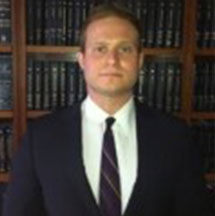
About Jason Weisfuse –
9/11 Victim Compensation Fund Attorney
About Jason Weisfuse –
9/11 Victim Compensation Fund Attorney
Jason E. Weisfuse is a seasoned 9/11 cancer attorney and managing partner at Weisfuse & Weisfuse, LLP, a New York City-based law firm dedicated to representing individuals affected by the September 11th attacks. Since the establishment of the September 11th Victim Compensation Fund (VCF), Jason has been instrumental in assisting first responders, survivors, and families in securing the compensation and medical benefits they deserve.
With a Juris Doctor from New York Law School (2009), Jason brings extensive experience regarding the 9/11 Victim Compensation Fund to his practice. His deep understanding of the VCF and the World Trade Center Health Program (WTCHP) has enabled him to navigate complex claims processes effectively, resulting in substantial awards for his clients.
Jason’s commitment to the victims in the 9/11 community is evident through his active involvement in professional organizations such as the New York State Trial Lawyers Association and the American Association for Justice. He has also contributed to legal discourse with publications in the New York Law Journal, reflecting his dedication to legal excellence and advocacy.
At Weisfuse & Weisfuse, LLP, Jason continues to provide compassionate and knowledgeable representation, ensuring that those affected by 9/11 receive the support and compensation they are entitled to.


